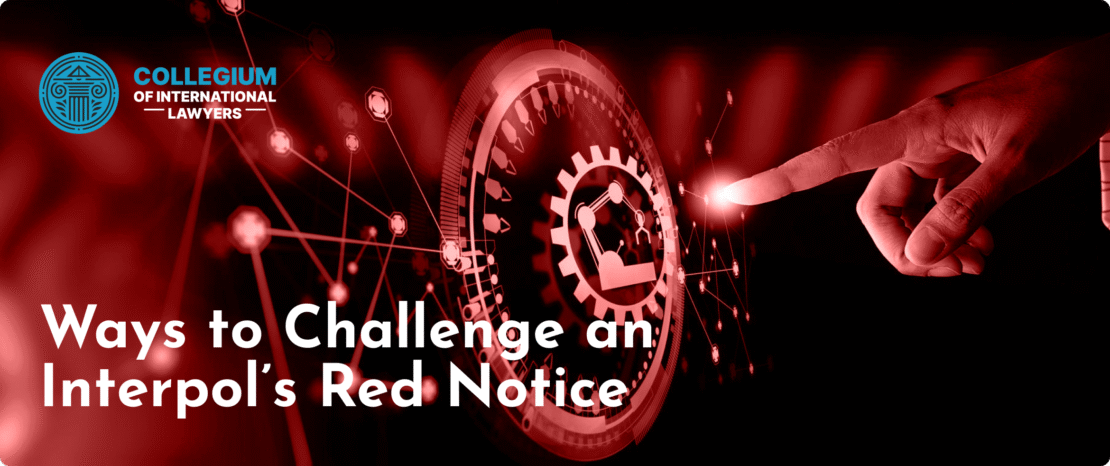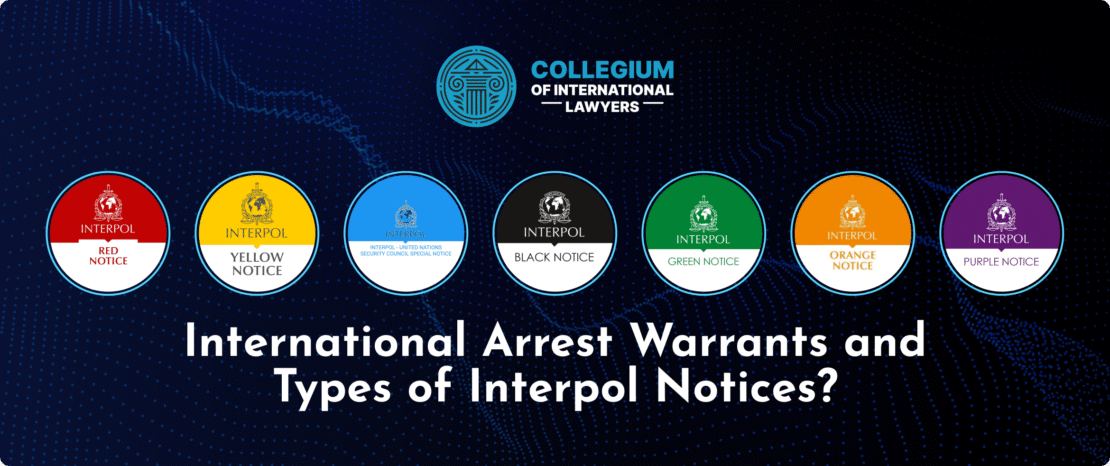
Understanding Interpol Errors and Legal Protection Mechanisms
Interpol plays a crucial role in international law enforcement cooperation, providing a framework for countries to communicate and share information on criminal activities across borders. However, with its vast network and complex procedures, errors can occur in the issuance of notices or alerts. These mistakes can have severe consequences for individuals, leading to wrongful arrests and violations of their rights. In this article, we will explore how Interpol errors happen and the legal protection mechanisms available for those affected. For more information, visit Interpol error legal protection thenewsgod.com/when-interpol-makes-a-mistake-how-to-protect-yourself/.
What is Interpol?
Established in 1923, Interpol is the International Criminal Police Organization, facilitating cooperation among law enforcement agencies across 195 member countries. Its mission is to promote international police cooperation and to assist in the fight against transnational crime, terrorism, human trafficking, drug smuggling, cybercrime, and more. Interpol does not have its own law enforcement officers; rather, it serves as a facilitator, providing tools, databases, and communication platforms for member countries to collaborate on investigations and operations.
Understanding Interpol Notices
One of the essential functions of Interpol is the issuance of notices, which are international requests for police cooperation. The most well-known of these is the Red Notice, which alerts member countries about individuals wanted for prosecution or to serve a sentence based on a valid national arrest warrant. While Red Notices are not arrest warrants themselves, they serve as important tools for law enforcement to act according to their national laws. Other types of notices include Yellow Notices (for locating missing persons), Blue Notices (to collect additional information), and Green Notices (to provide warnings and criminal intelligence). Each notice is meant to facilitate the international sharing of critical information while respecting the legal systems of member countries.
Errors in Interpol Notices
Despite its noble objectives, Interpol is not immune to errors. Mistakes can arise from various sources:

- Inaccurate Information: Notices may be based on flawed data, including incorrect names, dates of birth, or other identifying information.
- Political Abuse: Some countries may misuse Interpol’s system to pursue political dissidents or individuals involved in legitimate protests, leading to wrongful notifications.
- Technical Issues: The process of uploading data and issuing notices involves complex technologies and systems, which can fail or malfunction.
Consequences of Interpol Errors
The repercussions for individuals wrongly implicated in Interpol notices can be devastating. They may face wrongful arrests or detentions in countries where they seek refuge. Additionally, the stigma of being associated with criminal activity can damage personal relationships, careers, and reputations. Misidentification can also lead to psychological distress and feeling of being hunted. Legal recourse is often complicated due to the international nature of these notices and the differing legal frameworks of member countries.
Legal Protections Against Interpol Mistakes
For individuals affected by Interpol errors, several legal protections and strategies are available:
1. Legal Representation
Seeking legal counsel with experience in international law and extradition cases is crucial. An attorney can navigate the complex legal landscape and help individuals understand their rights and options.

2. Challenging the Notice
Those affected can challenge the validity of an Interpol notice. The Commission for the Control of Interpol’s Files (CCF) is responsible for reviewing appeals against Red Notices. Individuals can submit requests for the notice to be removed by providing evidence to support their claims, including proof of inaccuracies or human rights violations related to the case.
3. Seeking Asylum
In some situations, individuals facing wrongful notices may consider applying for asylum in a third country. This may provide them with protection against extradition to the country that issued the notice.
4. Public Advocacy
Raising awareness about wrongful notices can garner public support and pressure Interpol to rectify the errors. Engaging with human rights organizations, media, and advocacy groups can help amplify individual cases and highlight systemic issues.
5. Monitoring Developments
Individuals should stay informed about legal and procedural updates within Interpol and changes in extradition laws in their country of residence. Many organizations monitor and report on Interpol actions, which can be a valuable resource for those affected by errors.
Conclusion
Interpol serves a vital purpose in maintaining global security and cooperation among law enforcement agencies. However, errors within their system can undermine this mission and lead to significant personal consequences for innocent individuals. Understanding how Interpol operates and the available legal protections can empower those affected by wrongful alerts to seek justice and rectify their situation. By taking proactive measures and utilizing available resources, individuals can navigate the legal landscape more effectively and protect their rights in the face of an Interpol error.
